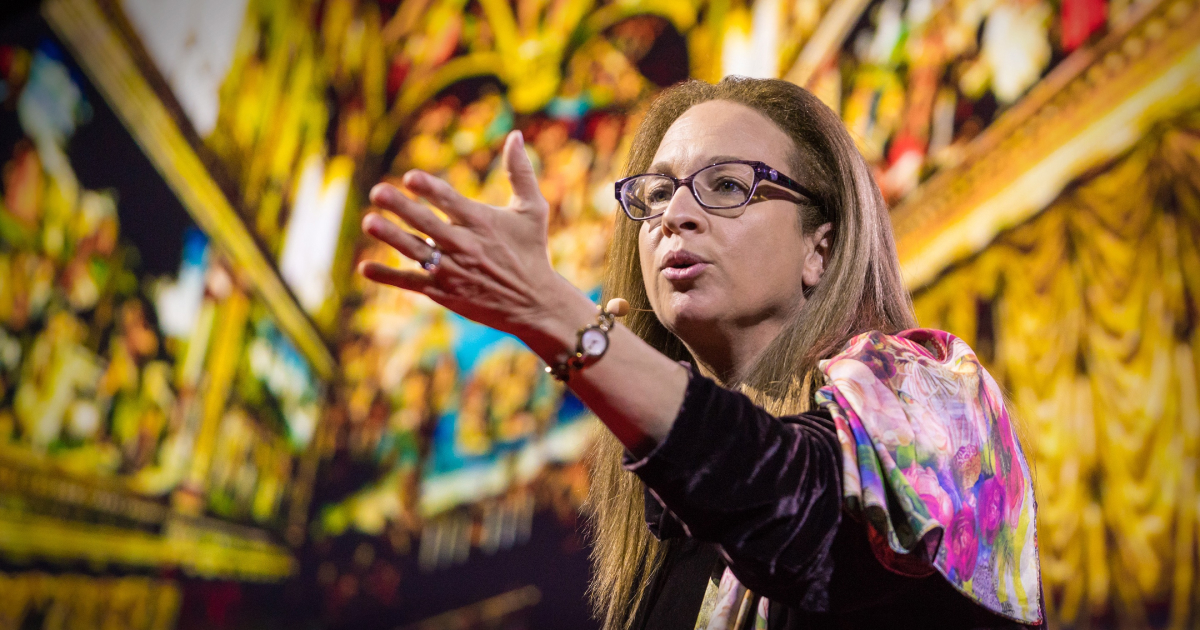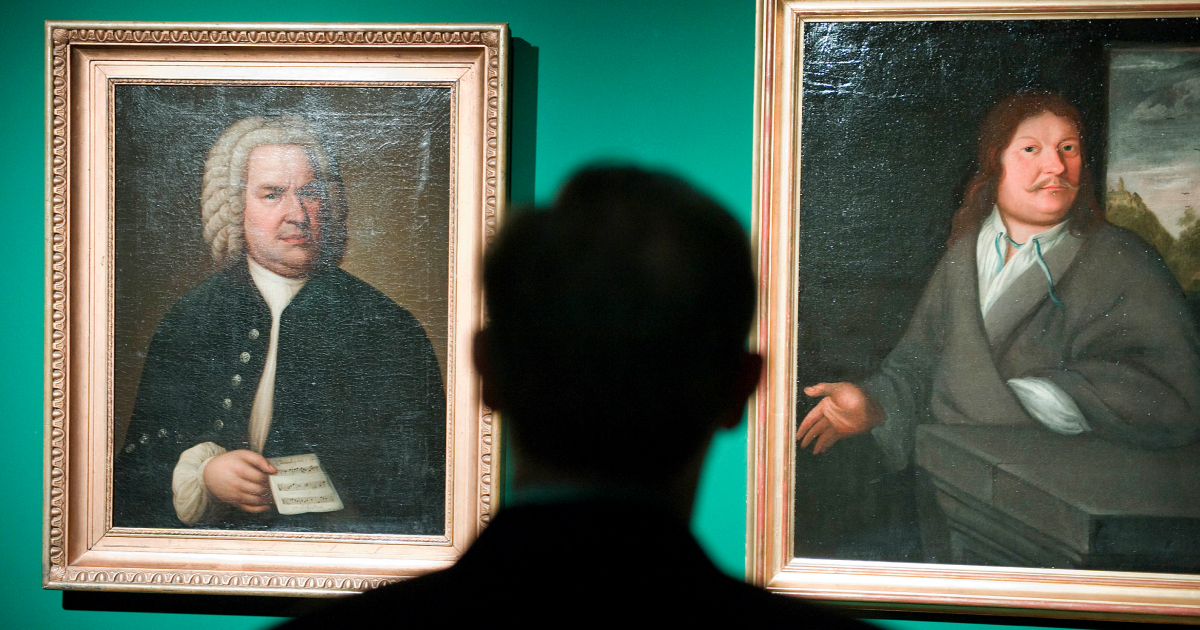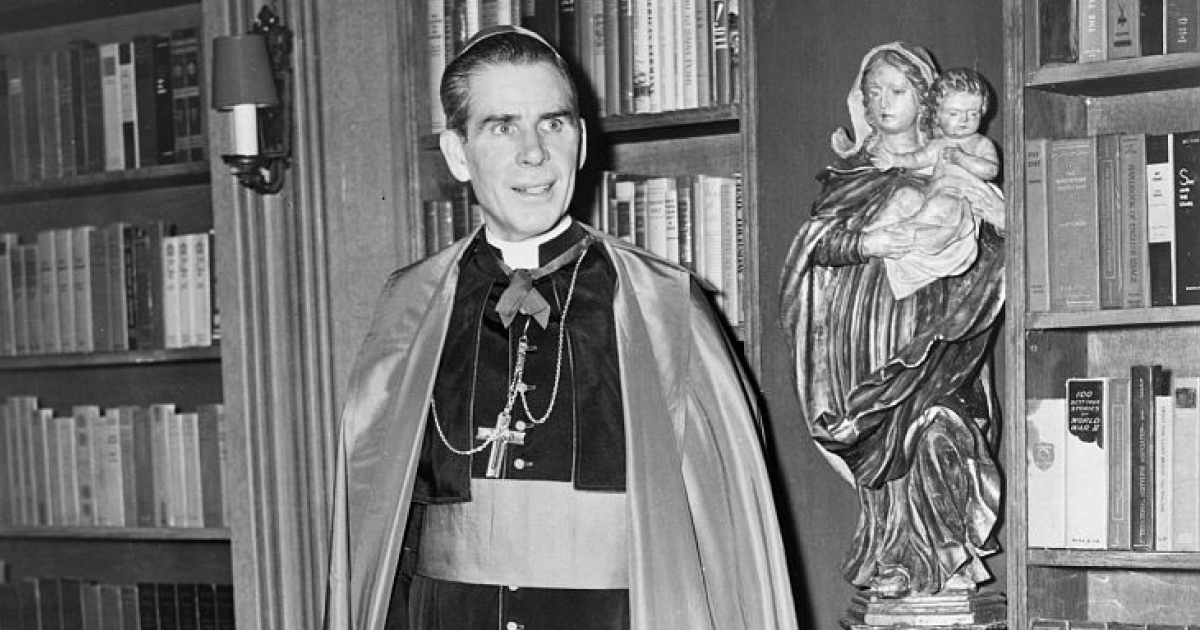Cardinal Mario Grech, Secretary General of the Synod of Bishops, has urged the Church to push for greater acceptance of synodality.
His call came in a note published to mark the 60th anniversary of the Synod of Bishops, founded by Pope Paul VI in 1965 through the motu proprio Apostolica Sollicitudo.
Cardinal Grech said Catholics should “make every effort to ensure that the third phase of the synodal process constitutes a further step forward in the experience and understanding of synodality.” He went further, describing the Pope’s move as a “prophetic intuition” at the close of the Second Vatican Council.
The note traced the history of the Synod, which was established to involve the College of Bishops more closely in the “Petrine prerogative of solicitude for the whole Church.” Grech said it had provided “a central institution representing the entire episcopate, capable of fostering unity and collaboration between the bishops of the whole world and the Bishop of Rome.”
Since its creation, the Synod has held 16 Ordinary General Assemblies, three Extraordinary General Assemblies, and 11 Special Assemblies. Their proposals and final documents have been accepted by successive Popes and used to produce post-synodal apostolic exhortations which, Grech said, “have greatly contributed to the renewal of ecclesial life.”
Cardinal Mario Grech, the former Bishop of Gozo, is a progressive Maltese prelate who has rapidly risen to head the Vatican secretariat responsible for running synods. Born in Qala, Malta, in 1957, he studied law and theology in Rome before returning to Gozo, where he served as Judicial Vicar and canon law lecturer.
Pope Benedict XVI appointed him Bishop of Gozo in 2005. In 2019, Pope Francis chose him to become Secretary General of the Synod of Bishops, a role he assumed in 2020 when he was also created cardinal.
He has been at the centre of disputes over Amoris Laetitia, the German Synodal Way, and proposals for a female diaconate. In 2022, he defended the German process, calling episcopal criticism “unhelpful” and “polarising.”
He has also faced controversy for his shifting stance on questions surrounding homosexuality and Communion for the divorced and remarried. Nevertheless, Grech remains a close confidant of Pope Francis, aligned with the Pope’s vision of a “listening Church.”
In his anniversary note, Cardinal Grech underlined that the Synod had undergone “a significant evolution” under Pope Francis, who “wanted to transform the Synod from an event reserved for an assembly of bishops into a process in stages, in which the whole Church participates.”
Launched in 2021, the synodal process began at diocesan level, progressed through consultations by episcopal conferences and continental assemblies, and reached its first two sessions in Rome in October 2023 and 2024. These stages resulted in the Final Document, which Pope Francis “immediately approved and delivered to the Church as part of the ordinary magisterium.”
Cardinal Grech said the experience of the first two phases had shown the value of synodality for the whole Church. “We experienced the beauty and power of this process during the first two phases of the XVI Ordinary General Assembly, in which we listened to what the Spirit was saying to the Church, learning to listen to one another.”
(Photo by Christopher Furlong/Getty Images)





.png)





.jpg)





